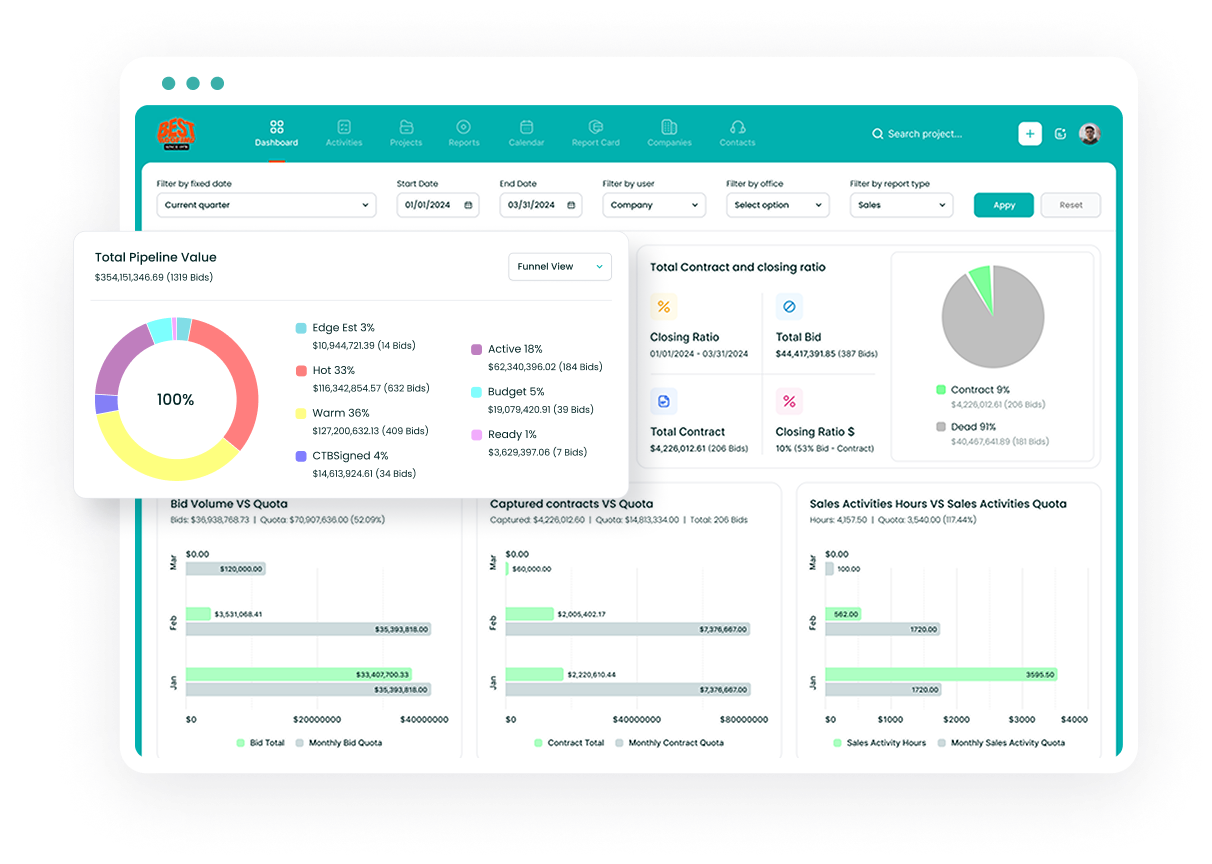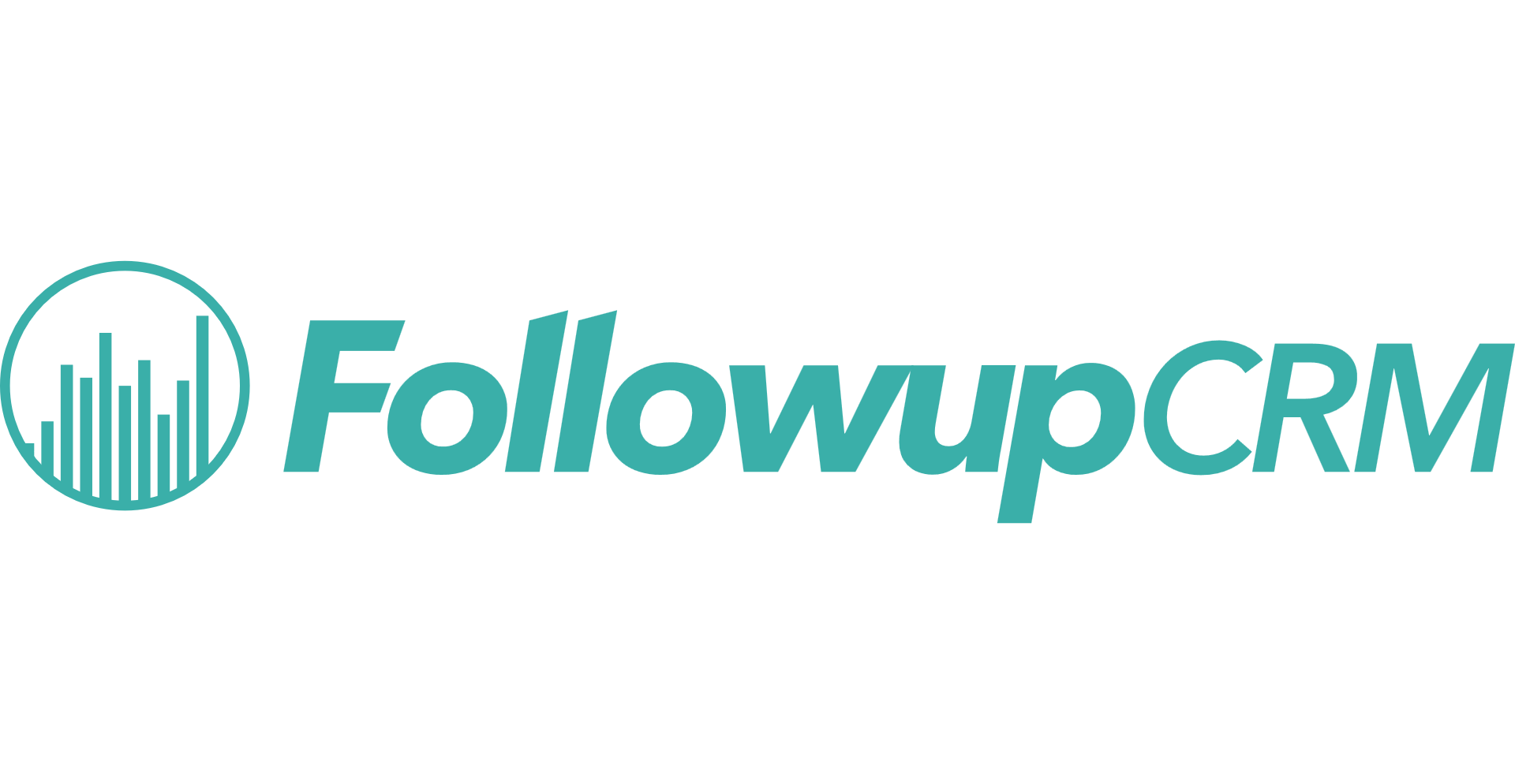Aspire vs Jobber
Field service management software has transformed how service-based businesses operate in the modern digital landscape. Aspire and Jobber stand at the forefront of this transformation, each offering distinct approaches to streamline operations for service providers. Both platforms have carved their unique positions in the market since their inception–Aspire launching in 2013 with a focus on landscaping and field services, and Jobber emerging in 2011 to serve home service businesses across multiple industries.
Understanding Core Platform Features and Capabilities
The fundamental difference between Aspire and Jobber lies in their target market orientation and feature complexity. Aspire positions itself as a comprehensive solution for larger operations, incorporating advanced features that cater to complex business needs. Their system encompasses sophisticated job costing, detailed financial reporting, and extensive customization options that appeal to businesses with multiple divisions and intricate operational requirements.
Jobber takes a more streamlined approach, focusing on delivering essential features in an accessible format. Their platform emphasizes user-friendly interfaces and practical functionality that resonates with small to medium-sized service businesses. The system includes robust customer management tools, efficient scheduling capabilities, and straightforward invoicing processes that maintain productivity without overwhelming users with complexity.
Both platforms offer mobile applications that enable field teams to maintain connectivity and operational efficiency. While Aspire's Crew Control app focuses on detailed time and material tracking, Jobber's mobile solution provides a broader range of field service capabilities, including payment processing and signature collection.
Pricing Structure and Value Proposition
Aspire maintains a premium positioning with its pricing strategy, starting at approximately $1,000 monthly for smaller companies. This pricing model includes unlimited users and scales based on company size and specific requirements. The investment reflects the platform's comprehensive feature set and its target market of larger service providers.
Jobber presents a more accessible pricing structure with three distinct tiers:
- Core tier accommodates single users at $49 monthly
- Connect tier supports up to 7 users at $129 monthly
- Grow tier enables up to 30 users at $249 monthly
Additional users can join any plan for $29 per user monthly, providing flexibility for growing businesses. Each tier includes unlimited customers and invoicing capabilities, with advanced features such as online booking and expense tracking available in higher tiers.
User Experience and Interface Design
The user experience philosophy differs significantly between these platforms. Aspire presents a sophisticated interface that requires dedicated time for mastery but rewards users with extensive customization options and powerful functionality. The learning curve reflects the platform's depth, but businesses report high efficiency once teams become proficient with the system.
Jobber prioritizes immediate usability with an intuitive interface that new users can navigate effectively from day one. The platform maintains a clean, modern design that simplifies complex tasks without sacrificing functionality. This approach particularly benefits small businesses that need to implement solutions quickly without extensive training periods.
Mobile Solutions and Field Team Management
Field operations require robust mobile capabilities, and both platforms deliver distinct approaches to meet these needs. Aspire's Crew Control application emphasizes comprehensive field data collection and management. Teams can:
- Access detailed schedule information and make real-time updates
- Monitor material usage and time allocation
- Document work progress with photo capabilities
- Maintain customer information access in offline modes
Jobber's mobile platform extends beyond basic field management to include customer-facing features. Their application enables teams to:
- Generate and send invoices directly from the field
- Process payments and collect digital signatures
- Capture detailed job site documentation
- Optimize route planning for improved efficiency
Integration Ecosystem and Business Tools
Modern service businesses require seamless connectivity between their various operational tools. Aspire integrates with enterprise-level solutions and industry-specific platforms, offering API access for custom integration development. Their integration partners include specialized tools for fleet management, payment processing, and supply chain management.
Jobber focuses on integrating with popular small business tools and payment platforms. Their partnership with Zapier enables connections with hundreds of additional applications, providing flexibility for businesses to create custom workflows and automation sequences.
Analytics and Business Intelligence
Data-driven decision making stands central to both platforms, though their approaches differ in scope and complexity. Aspire provides enterprise-grade analytics tools that generate detailed insights into operational efficiency, financial performance, and resource utilization. Their reporting capabilities support complex business structures and multi-division operations.
Jobber delivers practical reporting tools that focus on essential business metrics and performance indicators. Their system generates clear, actionable reports that help small businesses track growth, monitor team performance, and manage client relationships effectively.
Customer Success and Support Infrastructure
Both platforms recognize the importance of comprehensive support systems but implement different strategies. Aspire assigns dedicated success managers to each client, providing personalized guidance through implementation and ongoing operation. Their support structure includes detailed training resources and direct access to technical expertise.
Jobber maintains a more accessible support model with 24/7 availability through multiple channels. Their support team receives consistent praise for responsiveness and problem-solving capabilities, while their knowledge base provides extensive self-service resources for common questions and challenges.
Implementation and Onboarding Process
The implementation process varies significantly between platforms. Aspire requires a structured implementation period that includes detailed system configuration, team training, and data migration. This comprehensive approach ensures proper system utilization but requires significant time investment.
Jobber enables rapid deployment with streamlined setup processes and intuitive configuration options. Their platform allows businesses to begin operations quickly while gradually implementing more advanced features as needed. This approach minimizes operational disruption during the transition period.
Industry-Specific Optimization
Each platform demonstrates particular strengths in different service industries. Aspire excels in supporting landscaping and large-scale field service operations, with specialized tools for material management, crew scheduling, and complex project costing. Their system accommodates the unique requirements of commercial service providers and multi-location operations.
Jobber shows particular strength in residential service industries, including cleaning, HVAC, plumbing, and general contracting. Their platform includes features specifically designed for these service types, such as recurring service scheduling and residential client management tools.
Advanced Customization and Workflow Automation
The customization capabilities of both platforms demonstrate significant differences in their approach to workflow automation. Aspire provides extensive options for creating custom workflows that accommodate complex business processes and multi-step approvals. Their system enables businesses to design intricate automation rules that align with specific operational requirements and internal procedures.
Jobber approaches customization through a more streamlined lens, offering pre-built workflow templates that users can modify to suit their needs. Their automation features focus on common service business scenarios, such as appointment scheduling, follow-up communications, and payment reminders. This approach proves particularly effective for businesses seeking quick implementation without sacrificing functionality.
Performance Optimization and System Requirements
System performance plays a crucial role in daily operations for service businesses. Aspire operates as a robust platform that handles large data volumes and concurrent users effectively. The system maintains stability during peak usage periods, though it requires substantial computing resources and stable internet connectivity for optimal performance.
Jobber demonstrates impressive performance optimization, particularly in its mobile application. The platform efficiently manages resource utilization, ensuring smooth operation even on devices with limited capabilities. Their cloud-based infrastructure adapts to varying workloads, providing consistent performance across different usage scenarios.
Training and Team Adoption Strategies
Implementing new software systems requires a structured approach to ensure successful adoption across organizations of all sizes. Both Aspire and Jobber understand this critical need, with Aspire offering comprehensive enterprise-level training programs for larger teams, while Jobber provides streamlined onboarding processes suitable for smaller organizations. The key difference lies in their delivery methods–Aspire emphasizes personalized training sessions with dedicated success managers, whereas Jobber focuses on self-paced learning through video tutorials and documentation.
Here are the essential steps for successful software implementation and team training:
- Schedule dedicated training sessions for different user groups based on their roles and responsibilities within the organization.
- Create a comprehensive onboarding plan that introduces features gradually to prevent overwhelming new users.
- Establish internal champions who can provide peer support and guidance during the transition period.
- Document company-specific workflows and processes to maintain consistency across teams.
- Monitor user adoption rates and address challenges promptly through supplemental training sessions.
The success of any software implementation heavily depends on how well teams adapt to new systems and processes. While Aspire users typically require more extensive training due to the platform's complexity, they benefit from dedicated support resources and structured learning paths. Jobber users often experience faster initial adoption rates thanks to the platform's intuitive design, though consistent reinforcement through regular training sessions remains valuable for maximizing the software's potential.
Data Security and Compliance Standards
Both platforms prioritize data security through different approaches to protect sensitive business information. Aspire implements enterprise-grade security protocols with regular security audits and compliance checks. Their system includes role-based access controls and detailed audit trails that track all system activities.
Jobber maintains strong security measures while focusing on accessibility. The platform uses industry-standard encryption for data transmission and storage, complemented by regular security updates and monitoring. Their security framework includes automatic backup systems and disaster recovery protocols.
Smart Business Software Selection Guide
Selecting the right field service management software requires careful consideration of current needs and future growth potential. The decision between Aspire and Jobber should align with organizational structure, operational complexity, and budget constraints. Small businesses often find success with Jobber's intuitive platform, while larger organizations benefit from Aspire's comprehensive feature set.
Consider starting with a thorough assessment of current business processes and pain points before committing to either platform. Take advantage of trial periods and demos to evaluate how each system handles specific workflows and requirements. Remember that successful implementation depends on proper planning and team preparation.
The investment in either platform represents a significant step toward operational efficiency and growth potential. Focus on long-term value rather than initial costs, and ensure the chosen solution provides room for expansion as business needs evolve.
Sources: [1] https://www.forbes.com/advisor/business/software/jobber-review/ [2] https://getjobber.com/comparison/jobber-vs-aspire/ [3] https://www.softwareadvice.com/field-service/aspire-profile/ [4] https://connecteam.com/reviews/jobber/ [5] https://www.youraspire.com/features [6] https://www3.technologyevaluation.com/solutions/54183/jobber [7] https://www.youraspire.com/aspire-plans
The CRM Built For Construction Companies
No more disorganized data. Track your leads, bids, and customers all in one place.
Seamless Integration with:
✅ Foundation ✅ Viewpoint ✅ Sage and more

Request a Live Demo Now
Learn more about how Followup CRM can help your construction company grow.







